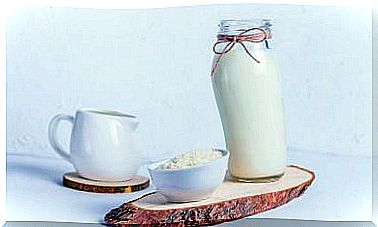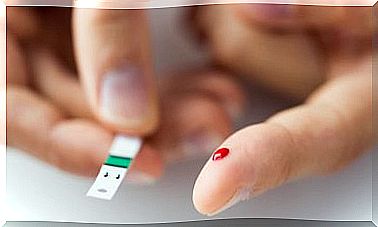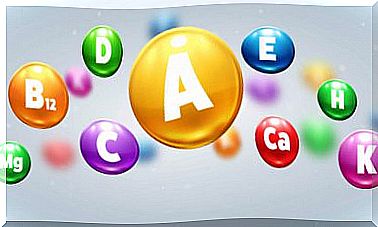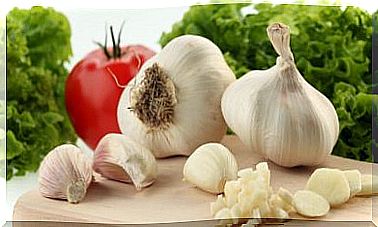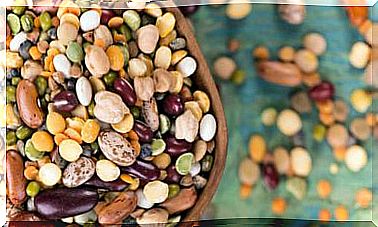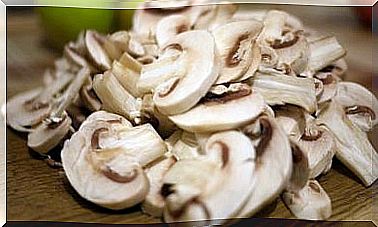5 Foods To Have A Better Quality Blood
Is it possible to have a better quality blood? In a way yes. By maintaining a healthy lifestyle, supported by good and consistent habits, such as a balanced diet.
But before we delve further into the subject, let’s briefly review what blood is. Well, let’s remember that it is a liquid connective tissue that circulates through: capillaries, veins, arteries, atria and ventricles of all vertebrates. Its consistency is dense, opaque and with a taste of metal.
Its red color is given by the presence of the hemoglobin pigment contained in erythrocytes. However, the color can vary: from scarlet, which is a sign of high oxygen level, to dark red, that is, poor in oxygen. Average blood pH is 7.35 to 7.45. While the temperature is 38 ° C, slightly higher than body temperature.
What does the blood carry?
- Hot.
- Oxygen.
- Nutrients
- Hormones
- Antibodies.
- Electrolytes.
- Vitamins
- Carbon dioxide.
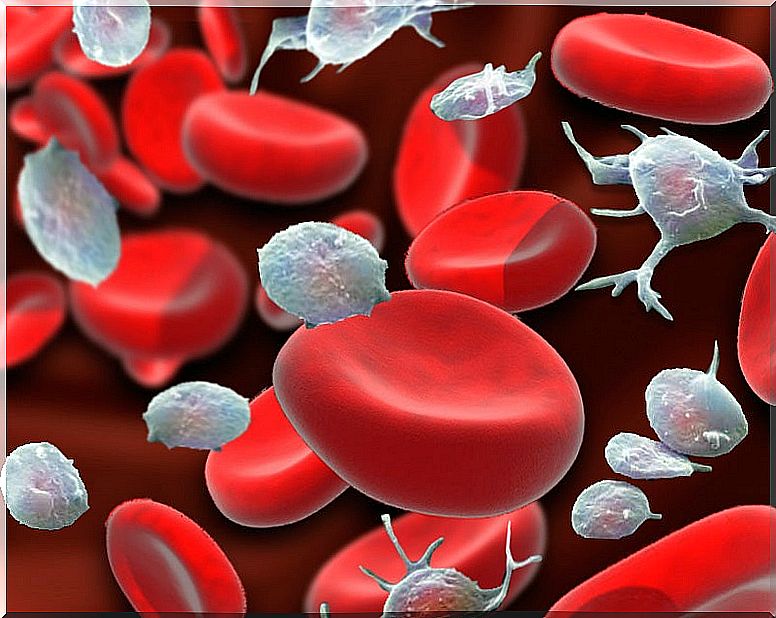
Where is it formed?
Blood cells are produced in the bone marrow q ue is the spongy tissue that is located inside some bones of the body such as the hip bone, the sternum or the bones of the skull.
The human body has an approximate of 4.5 and 6 liters of blood. 55% is plasma, the liquid part made up of water, mineral salts and proteins. While the remaining 45% form it: red blood cells, white blood cells and platelets.
How to start a healthy diet?
- Eat non-starchy vegetables , such as: to mate, carrots and spinach. Likewise, it is recommended that you reduce your intake of potatoes, but do not fall into extremes, do not eliminate it completely.
- Look for healthy proteins : such is the case with lean meats, chicken, turkey and fish. Avoid eating red meat, especially what is processed like bacon or sausage.
- Wholegrain foods are a good choice: rice, pasta, and wholemeal bread are healthier than white rice because of their fiber content. Therefore, the blood sugar rises slowly and gives a feeling of fullness.
- Use vegetable oils. Olive or canola oil is a good option for seasoning. On the other hand, avoid using butter, as it has too much saturated fat.
- Avoid sugary drinks. For example, juices, soda, or iced tea. It is best to prepare natural waters with a touch of fruit.
What vitamins and minerals make up the blood?
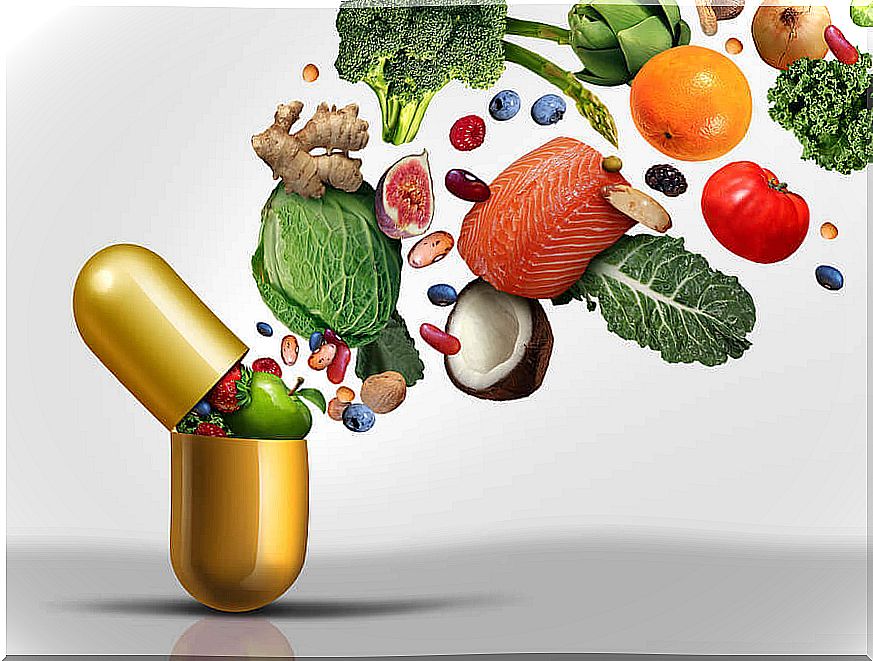
- Vitamin E: makes red blood cells more resistant.
- Iodine: contributes to the development of red blood cells and platelets.
- Vitamin C: stimulates the absorption of iron.
- Zinc: intervenes in the formation of lymphocytes.
- Vitamin K: promotes blood clotting.
- Cobalt: helps in the formation of hemoglobin and red blood cells.
- Copper: ensures that iron is available for the production of red blood cells.
- Iron: it is essential for q hemoglobin is formed, the cu al is responsible for transporting oxygen to cells.
- Vitamin B12: helps red blood cells to mature.
- Folic acid: contributes to the maturation of erythrocytes and leukocytes.
Foods for better quality blood
Below we will tell you what foods can help you have good health, in general terms, not just better quality blood. Keep in mind that you should always consume them within a balanced diet, since by themselves they are not capable of providing the body with everything it needs to function properly.
Liver
Liver meat is rich in vitamin A, which undoubtedly helps to improve the appearance of the skin due to its antioxidant properties before.
In addition, it increases the production of hemoglobin due to its high iron content so, without a doubt, it helps to have a better quality blood. As if that were not enough, the liver is a low-fat food, but it does provide a good amount of folic acid, which maintains proper cell division.
Egg
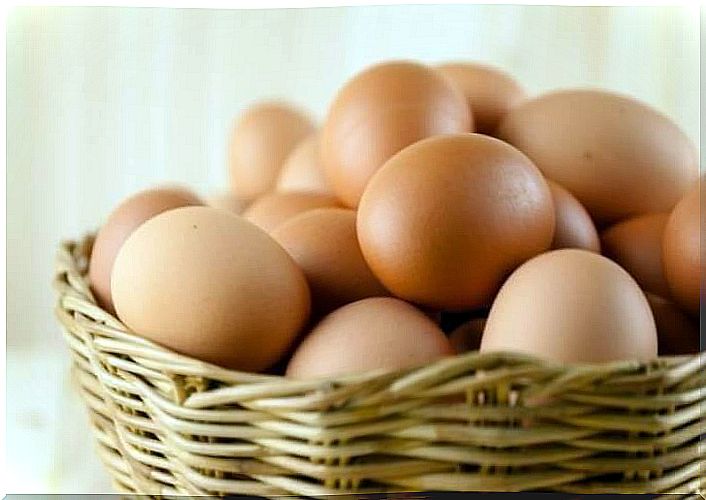
As long as you do not have an allergy or intolerance to eggs, you should always include it in your diet. Well, it is a source of proteins, minerals and vitamins.
In particular, in its yolk we find lecithin that is responsible for cleaning the fat in the arteries. In addition, it contains choline that improves the nervous system. Provides vitamin D, A and E, as well as minerals such as iron, zinc, selenium, phosphorus and folic acid.
Vegetables
Legumes are foods that should be part of everyone’s diet. And while the idea has spread that they are ideal for those who do not eat meat, the truth is that everyone can benefit from their consumption. They are highly nutritious and satiating, in addition, they provide the necessary energy to carry out daily activities.
In summary, legumes provide: carbohydrates, fibers, B vitamins and minerals such as iron, magnesium and potassium.
Nuts
Despite the fact that nuts contain a high caloric density in a small volume, they offer important nutrients for the body, as long as they are consumed in moderation, since they have healthy fats with omega 3 fatty acids.
On the other hand, it has a variety of vitamins and minerals. Such is the case of: potassium, magnesium, phosphorus, vitamin E and complex B. All these nutrients help to have a better quality blood and, of course, good health.
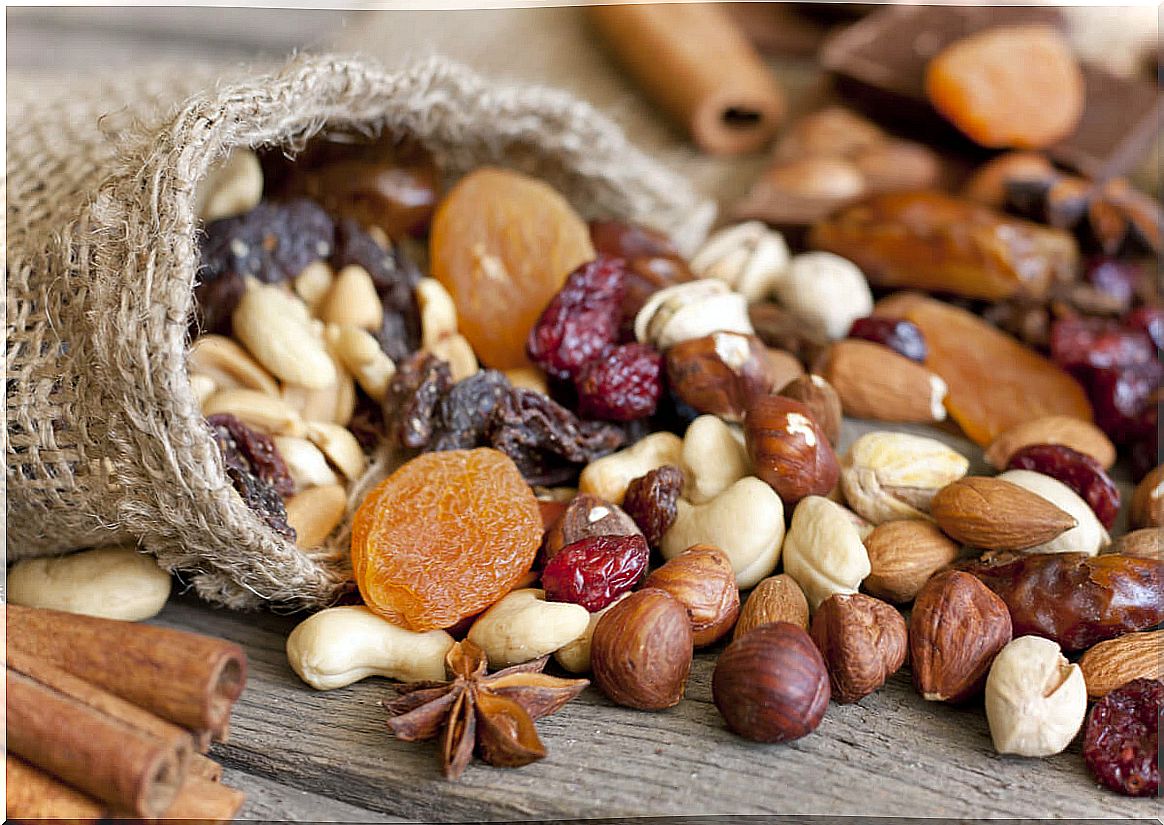
Potatoes
Potatoes serve as the fuel that the body needs to produce energy. They are rich in vitamin B, folic acid and minerals. On the other hand, flavonoids p protect against cardiovascular diseases and reduce the bad cholesterol.
For their part, the B vitamins are responsible for protecting the arteries. In particular, vitamin B6 lowers the levels of homocysteine which is a chemical compound that contributes to inflammation of the arteries.
Final thoughts
In addition to maintaining a balanced diet rich in nutrients such as iron and folic acid, it is important to follow other good lifestyle habits, or else it will be difficult to obtain real benefits. Likewise, you must comply with the instructions of your doctor, especially if you suffer from any condition for which you have to take a pharmacological treatment.
In case you have doubts about how to eat a balanced diet, how often to eat certain foods and other related aspects, consult your doctor or a nutritionist.
Well, what do you expect to have a better quality blood?

